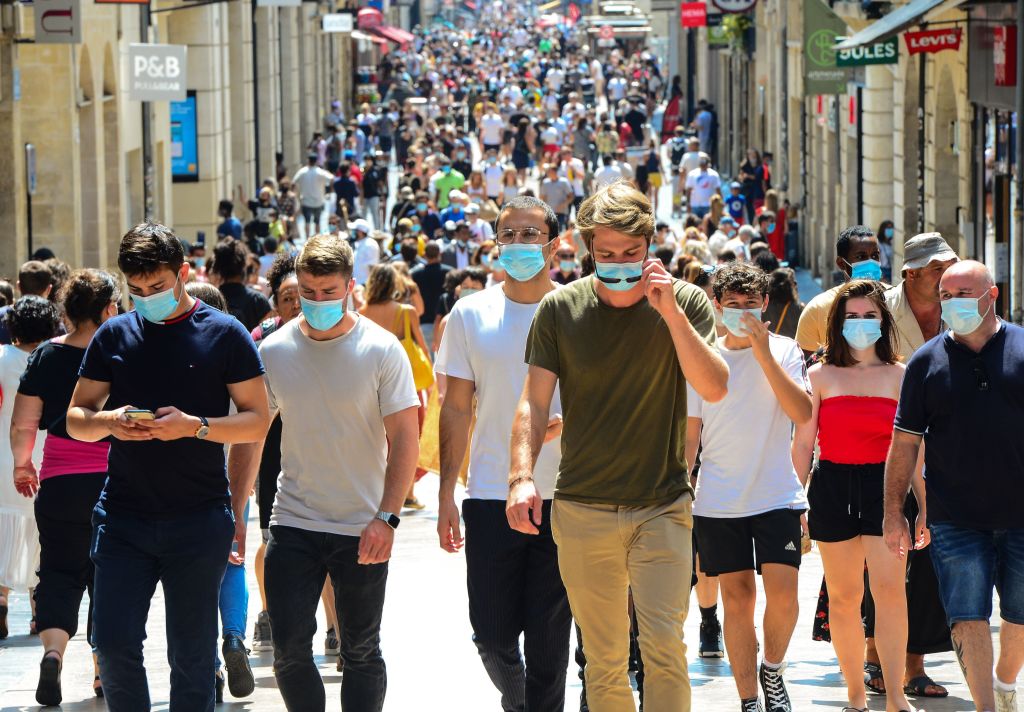Without a doubt
The Worst Critic
you will ever encounter is the one
that stares back at you
from the mirror. . .

Ohhhhhhhhhhhhhhhhhhhhh
the things this mirror image will yell at you,
YOU’RE UGLY
YOU’RE STUPID
YOU’RE SO DUMB
YOU’RE AN IDIOT
YOU’RE NO GOOD
YOU’RE WORTHLESS
YOU ARE_________________________
and it’s always the
_________________________________
that shouts the loudest
B U T
IT IS NOT TRUE
is what you need to yell
back
L O U D E R
(every time )
I’m very ugly
So don’t try to convince me that
I am a very beautiful person
Because at the end of the day
I hate myself in every single way
And I’m not going to lie to myself by saying
There is beauty inside of me that matters
So rest assured I will remind myself
That I am a worthless, terrible person
And nothing you say will make me believe
I still deserve love
Because no matter what
I am not good enough to be loved
And I am in no position to believe that
Beauty does exist within me
Because whenever I look in the mirror I always think
Am I as ugly as people say?
(Now read bottom up)
by Abdullah Shoaib









 When it comes to
When it comes to 












